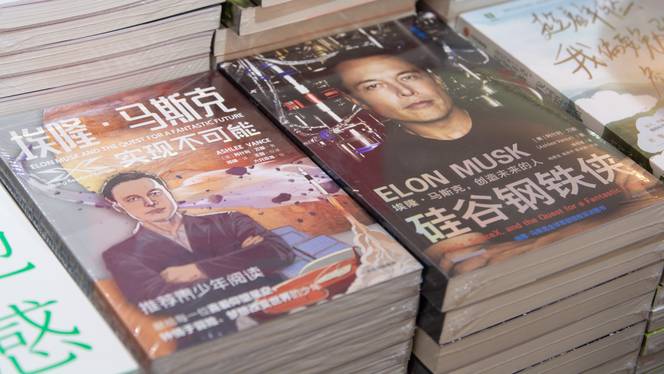What does Musk’s joining of Trump administration mean for US-China ties? Although the CEO of SpaceX and Tesla has long been seen as a friend of China, his new position co-lead of Trump’s Department of Government Efficiency with China hawk Vivek Ramaswamy could make things more complicated.

Musk’s joining
What does Musk’s joining of Trump administration mean for US-China ties Elon Musk, a tech mogul, and Vivek Ramaswamy, a biotech entrepreneur and former Republican presidential candidate, were named co-leaders of the Department of Government Efficiency (DOGE), a new advisory body established by US President-elect Donald Trump on Tuesday.
Although this action is intended to increase US government efficiency, it has raised concerns in China, where Ramaswamy’s strong anti-Chinese views and Musk’s extensive business connections may have an impact on US-China relations.
With Tesla’s activities in Shanghai at the heart of his business strategy, Musk, the CEO of both SpaceX and Tesla, has long been viewed as a friend to China. He has maintained profitable businesses in one of the most competitive marketplaces in the world because to his abilities to negotiate the political environments in both China and the US.
Some people are worried about
Musk’s capacity to handle the escalating hostilities between Washington and Beijing given his new “DOGE” position in the future Trump administration.
Mike Liu, vice president of the Beijing-based think tank Center for China and Globalization (CCG), dismisses this idea, pointing to Musk’s solid ties in China and his ability to strike a balance between Chinese and US interests.
“Elon has good relationships with a lot of senior Chinese people… He told TRT World, “I don’t think the Chinese side will have any problems with that.”
However, Liu admits that given Musk’s business activities in China, his new position may be viewed as a conflict of interest, potentially leading to issues on the US side.
The US has designated a number of Chinese organizations and people as “foreign agents” or “national security threats,” claiming their purported connections to the Chinese government, in recent years. Beijing has denounced these steps, claiming that the US is “overstretching” its national security to interfere with routine economic and trade relations.
